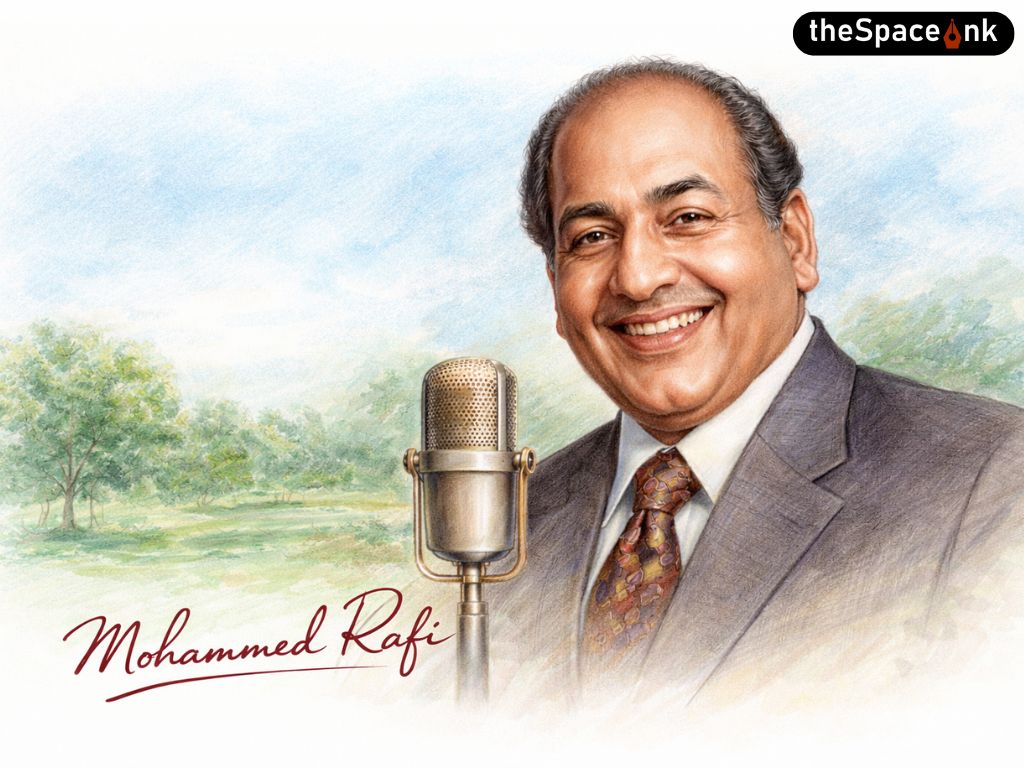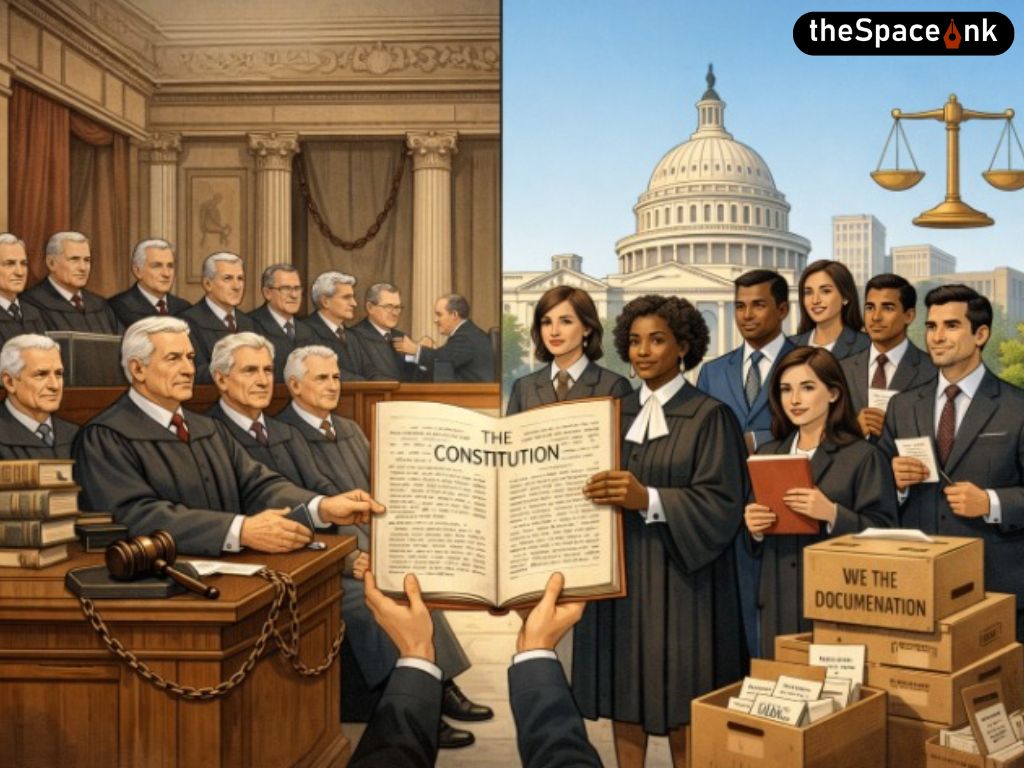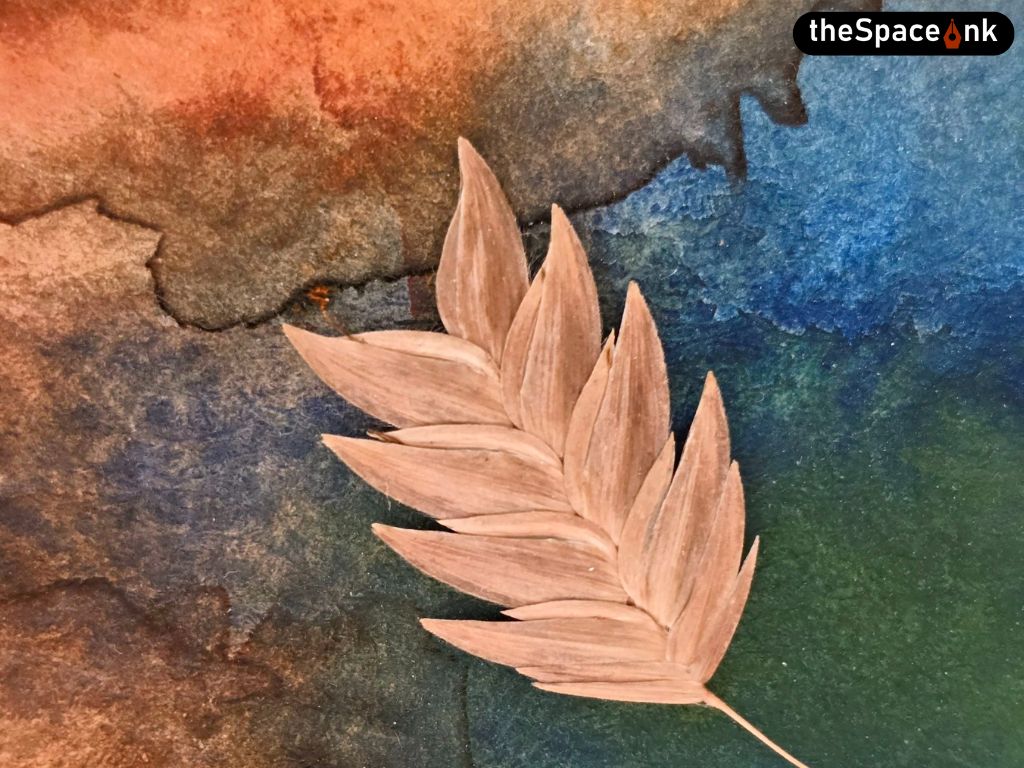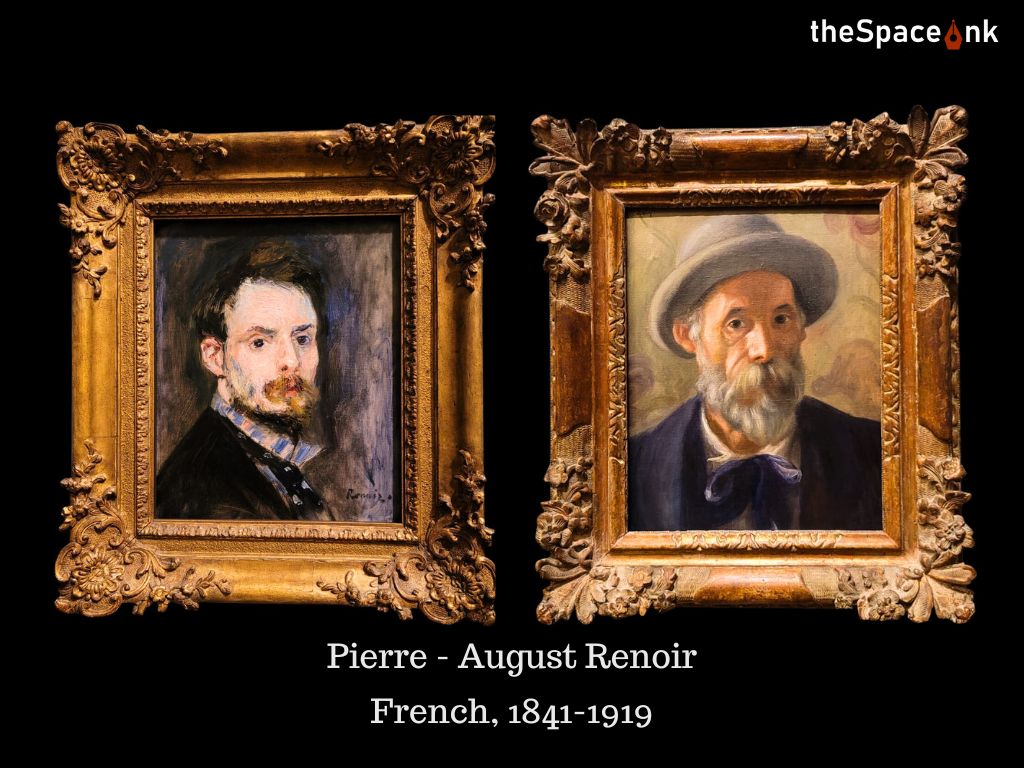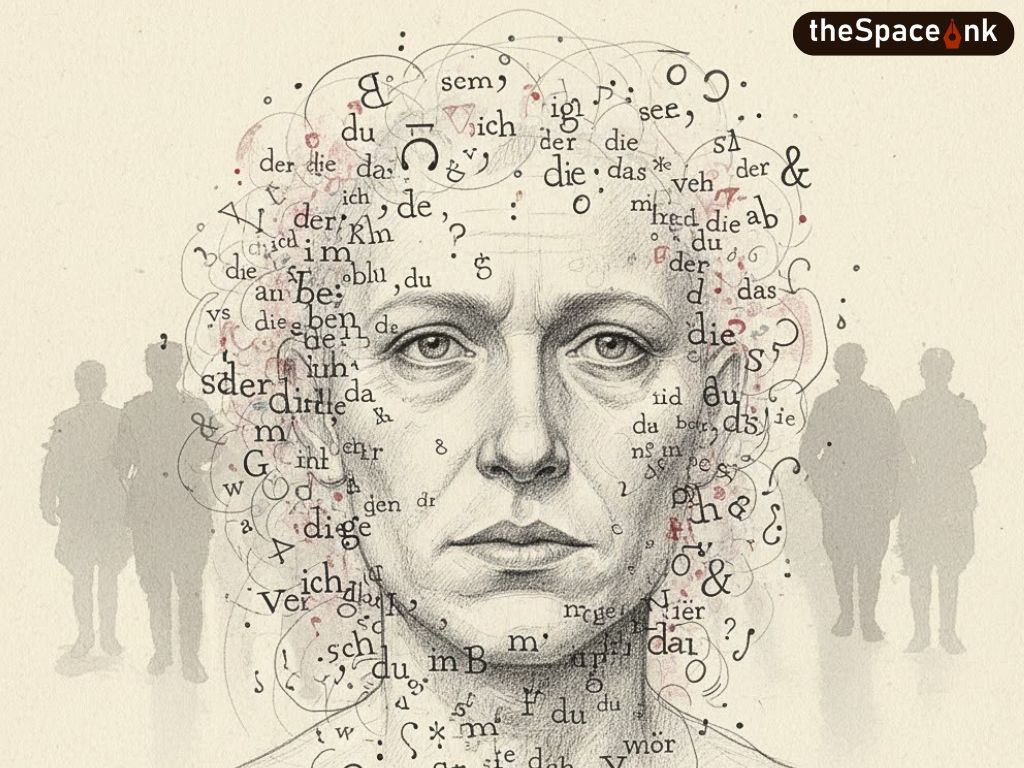(Mohammed Rafi)
Music is universal. It is a strange, spiritual creation of the Almighty which enables any practitioner of music to transcend the man-made barriers of caste, community, race, language, gender, status and education. Mohammad Rafi is perhaps the most outstanding example of this truth. Otherwise, born Muslim and a practicing Muslim, how could he have sung those wonderful numbers in Baiju Bawra such as ‘mana tadapata hari darshan ko aawo’, or, that immortal number that has immortalized friendship like the song from Dosti – ‘chahunga main tujhe shyam savere (1965) on lyrics by Majrooh Sultanpuri with music by the magic duo of Laxmikant Pyarelal?
In 1963, during his performance at London’s Scala Theatre, among the audience was a blind listener. After Rafi’s musical performance, the blind listener walked up to Rafi Saab and said, “So long as I am able to hear you sing, I will not need the gift of sight.” Can there be a greater complement than this for a music artist? There was magic in his voice, dedication in his riyaaz and modesty in his nature. With such qualities, can any singer reach the levels Rafi Saab did in his brief life span of 56 years when he began to sing only when he was seventeen?
Mohammad Rafi has left behind an entire treasury of music and songs, mainly in the form of film songs of every hue one can imagine, be it a ghazal, a thumri, a fast dance number, a duet, a Sufi-style number, a qawwali, a love song, a dirge, you name it, and Mohammad Rafi has sung it. (Mohammed Rafi)
He took everything in his stride – soft solos, sad solos, peppy duets, or universally resonant songs like ehsaan tera hoga mujhpar and many others.
He was an artist who encompassed within himself not only his god-gifted voice but also classical training under the best ustads of his time, however, instead of becoming a practitioner and performer of Hindustani classical music, as a playback singer, he crossed every genre of music. (Mohammed Rafi)
His talent in music was discovered more or less by an accident of fate not in Bombay but in Lahore. He was just 17 years old. There was a musical concert in Lahore where K.L. Saigal was the biggest draw. Due to an electrical short circuit that silenced the sound and darkened the auditorium, the young Rafi was requested to substitute for Saigal Saab. In the audience was the then-known music director Shyam Sundar who saw the musical talent hidden in this young boy and brought him to Bombay. (Mohammed Rafi)
Rafi Saab’s cherished dream of singing with K.L. Saigal became a reality when Naushad gave him two lines to sing in the film Shah Jahan featuring Saigal. Naushad, reported to have discovered the wide range Rafi Saab was capable of, once said, “Rafi saab had tremendous potential for higher notes too and I used this talent of his in films like Deedar, Amar, Uran Khatola and most importantly, Baiju Bawra.” (Mohammed Rafi)
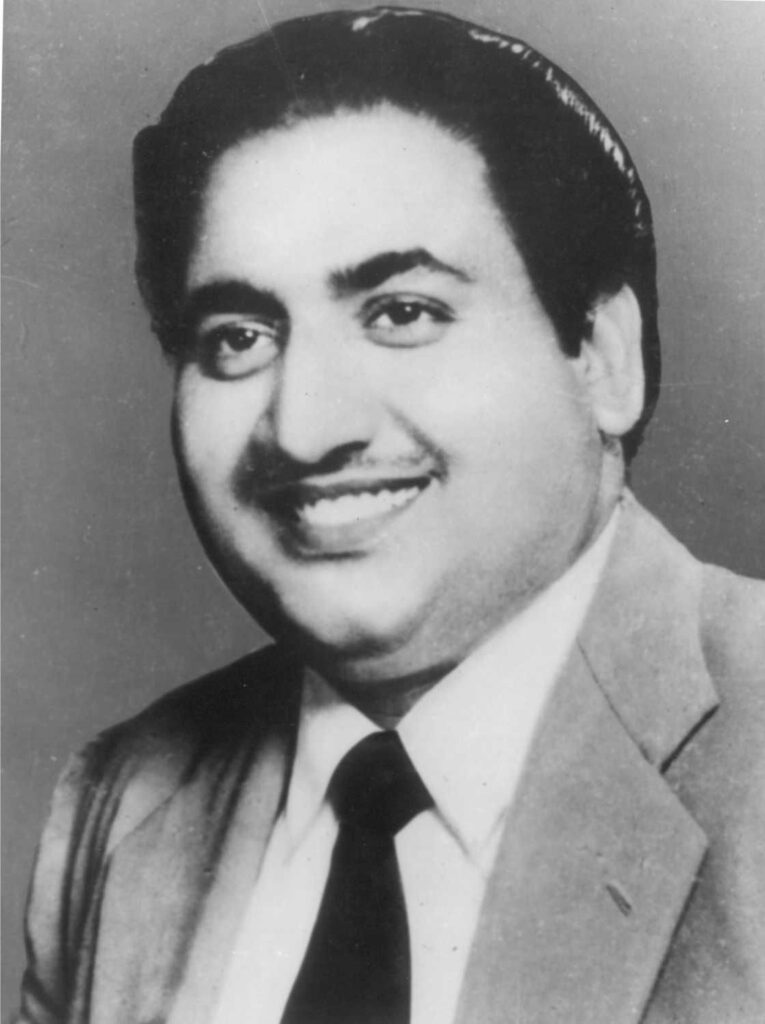
The story goes that every morning, Rafi Saab would walk down from Bandra to Dadar in Bombay perhaps to look for an opportunity to sing because in those days, the road behind Dadar station was filled with film studios like Ranjit, Kardar and Sri Sound. One morning, he happened to catch the attention of Naushad, considered a genius in the music community of Hindi cinema.
This led to Rafi Saab’s first ever song for the film Pehle Aap in which he sang ‘Hindustan Ke Hum Hai’ marking his milestone entry in the portals of Hindi film music. He sang the song ‘Tera Khilona Toota Balak’ and this rare musical talent began its historic and immortal journey through music and song and Hindi cinema. (Mohammed Rafi)
Also Read: In Conversation with Shoojit Sircar on I Want to Talk
There are many anecdotes about his humane behaviour towards his staff. Once, Rafi Saab planned to buy an imported car which called for a specially trained driver. Since he needed to appoint a new driver, he was worried that his old driver would lose his job. So, he gave him the money to buy a taxi, helped him get a commercial license himself and made him financially independent. He never wore a halo around his celebrated head and was an extremely grounded human being. (Mohammed Rafi)
Way back in 1948, Rafi Saab, when 24, sang a song that crosses every barrier of time, place and audience. It was the song ‘Suhaani Raat Dhal Chuki, Na Jaane Tum Kab Aaoge’ for the film Dulari. There was no turning back after this song. Some of the numbers he sang are immortal. Among these may be recalled the number ‘khoya khoya chaand, khula aasman’; ‘baharon phool barsaon mera mehmoob aya hai’ or that number ‘likhe jo khat tujhe’ from the little-known film Kanyadaan. This song was written by Neeraj and set to music by Shankar-Jaikishan. (Mohammed Rafi)
He covered many Indian languages by singing in Hindi, Urdu, Assamese, Bhojpuri, Konkani, Oriya, Bengali, Marathi, Sindhi, Gujarati, Kannada, Telugu, English, Dutch and French.
One ardent fan of Rafi Saab mentions the Bengali numbers ‘tomaar neel dopati’ and ‘dur diganter paare’ which sound as full of romance today as they did so many years ago. Take, for example, the wonderful numbers ‘Aaj Mausam bada beimaan hai’, then, Dev Anand lip syncing to ‘main zindagi ka saath nibhata chala gaya’, or ‘taarif karun kya uski, jisne tumhe banaya’ picturised on Shammi Kapoor. (Mohammed Rafi)
Though he suffered from a bad throat infection during the 1970s that went on for a considerable time, his number of songs came down but the ones that he did record are distinct in their immortality in terms of music. Among these are some very melodious numbers like ‘Yeh Duniya Yeh Mehfil’, ‘Gulabi Aankhen’, ‘Jhilmil Sitaron Ka Aangan Hoga’, ‘Aaya Re Khilonewala’, ‘Tum Mujhe Yun Bhula Na Paaoge’, ‘Re Mama Re Mama Re’, ‘Nafrat Ki Duniya Ko’, ‘Ye Jo Chilman Hai’, ‘Kuchh Kehta Hai Ye Saawan’, ‘Kitna Pyaara Wada’, ‘Chalo Dildaar Chalo’, ‘Chura Liya Hai Tumne’, ‘Yaadon Ki Baaraat Nikli Hai Aaj Dil Ke Dwaare’, ‘Teri Bindiya Re’, the list seemingly endless.
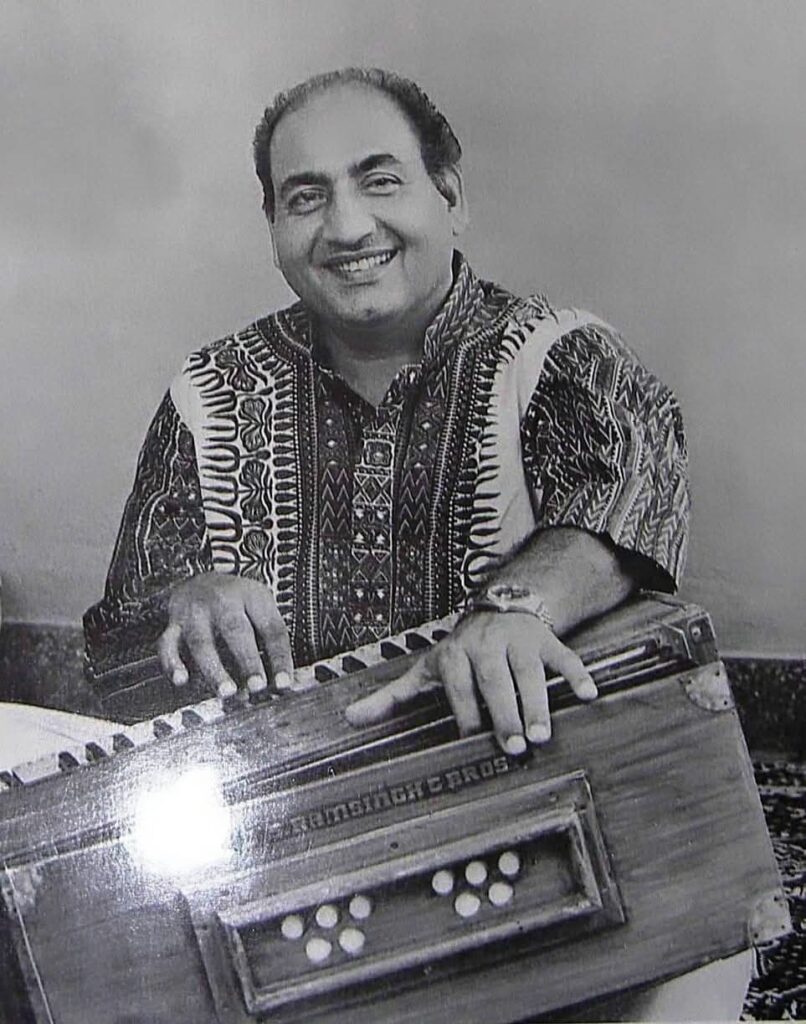
He is said to have sung 7000 songs between 1940 and 1980, across languages, genres, actors, music directors, lyricists and films. With his incredible range to cover all notes from the lowest to the highest smoothly without jerks, Rafi successfully overcame the star-singer barrier at a time when top stars had a predilection for their favourite singers such as Raj Kapoor choosing Mukesh, Dilip Kumar preferring to lip-sync to the voice of Talat Mahmood and Dev Anand sticking to Kishore Kumar, by gaining a platform when he lent his voice for all heroes of the time and the same applied to his harmonious relationship with every music director of the time though Naushad and Shankar-Jaikishen were truly special. (Mohammed Rafi)
He has sung for all music directors through three generations, sang on lyrics ranging from the great Kaifi Azmi through Shakeel Badayuni, Shailendra, Sahir Ludhianvi, Hasrat Jaipuri and play-backed for every actor under the sun till he passed away. (Mohammed Rafi)
In 1978, Rafi gave a performance at the Royal Albert Hall and in 1980 he performed at the Wembley Conference Centre. From 1970 until his death he toured the world extensively giving concert performances to packed halls. Some of his songs have become ritualistic practices at marriage and similar functions. (Mohammed Rafi)
One example is the number ‘Babul Ki Duayen Leti Ja’ which, over time, has acquired such mythical status that it has become a regular song sung at dolis during weddings when the bride’s father gives the bride away.
He hit the heights of popularity with his patriotic tribute to Mahatma Gandhi composed by Husanlal Bhagatram- Rajendra Krishen that went ‘Suno suno ae duniyawalon Bapuji ki amar kahani’. He was invited by the Indian Prime Minister, Pandit Jawaharlal Nehru to sing at his house. In 1948, Rafi received a silver medal from Jawaharlal Nehru on Indian Independence Day. This happened within four years of his migration to Bombay, a miraculous feat in the midst of stiff competition from the music industry in Bombay cinema. (Mohammed Rafi)
He recorded some of the most memorable bhajans in the history of Indian film music which are heard on YouTube channels even today.
Examples are – ‘aana hai to aa bhagwan ke ghar der hai andher nahi hai’, with lyrics by Sahir Ludhianvi, also a Muslim. There are dozens of other devotional songs belted out by Mohammad Rafi which is significant in the present context of the communal intolerance. (Mohammed Rafi)
Rafi won six Filmfare Awards and one National Award through his career. Two books have been written on this great singer. One of them, Mohammed Rafi – Golden Voice of the Silver Screen, was jointly authored by Shahid Rafi, his son, and Sujata Dev in 2015. The book states that Rafi sang 4,425 Hindi film songs, 310 non-Hindi film songs, and 328 non-film songs between 1945 and 1980. A 2015 Manorama Online article states that researchers have found 7,405 songs sung by Rafi Saab. (Mohammed Rafi)
Among other tributes is a long documentary made on his life apart from First Day Cover and a postage stamp brought out by the Indian Posts and Telegraphs to commemorate his memory in 2016. Rafi has been immortalized in the minds of the Indian milieu due to his golden voice and his innumerable songs will be in the minds of Indian long after we cease to exist. (Mohammed Rafi)
Image Courtesy: Author, Pinterest, AI
Shoma A. Chatterji is a freelance journalist, film scholar and author based in Kolkata. She has won the National Award twice, in 1991 and 2000. She has authored 26 published titles of which 14 are on different areas of Indian cinema. She holds two Masters Degrees and a Ph.D. in History (Indian Cinema). She has also won a few Lifetime Achievement Awards from different organizations over time.


